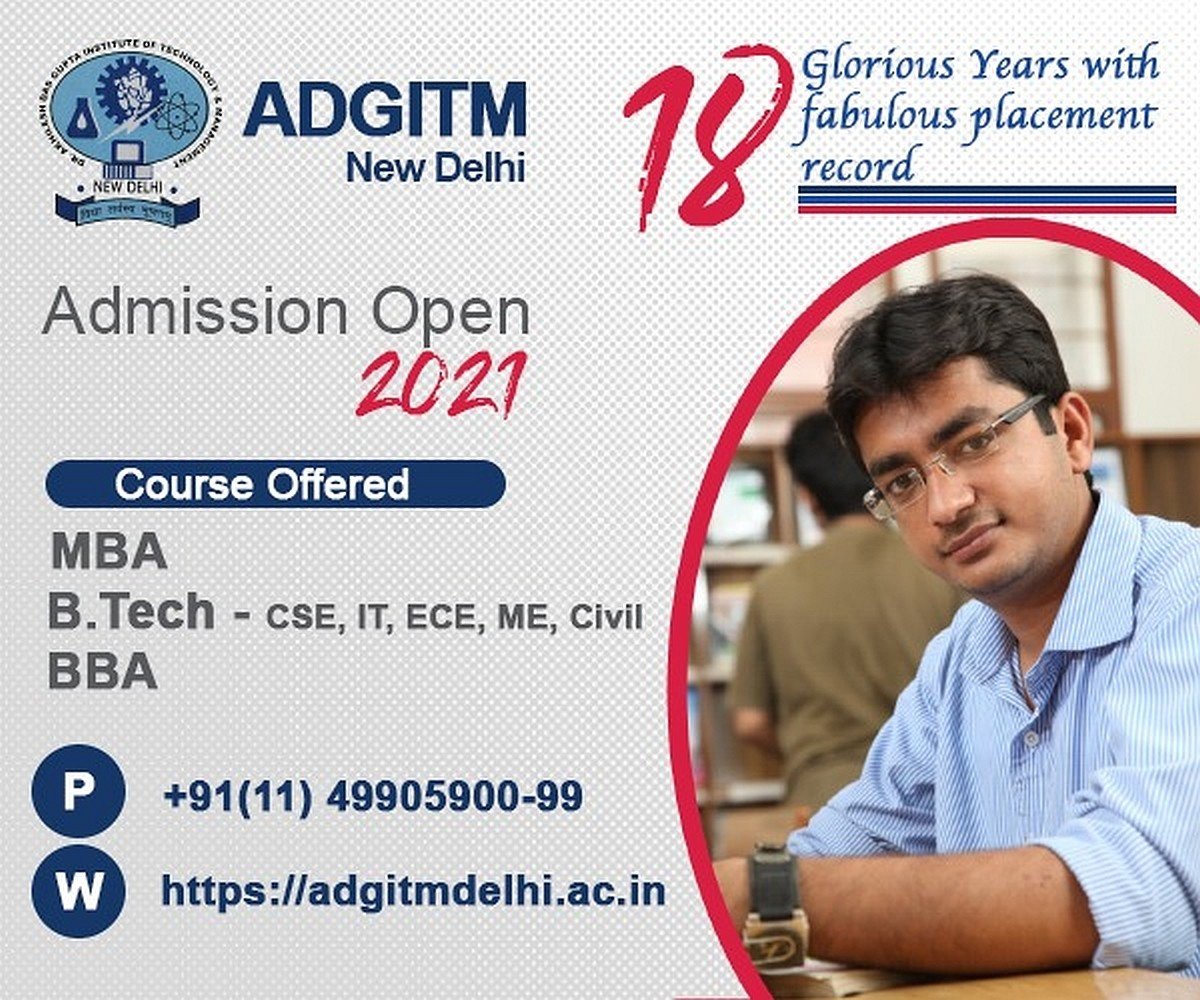All India Council for Technical Education (AICTE) chairman Anil Dattatraya Sahasrabudhe spoke to Amarnath K. Menon on the ongoing reforms in engineering education.
Q. What challenges does the AICTE face in engineering education?
The Indian education system faces a major employability challenge since the curriculum is not relevant to the needs of industry or the society. We continued with the British legacy for a long time. It has not contributed to anything innovative, which is why we have the New Education Policy (NEP). But transformation in engineering education started before NEP. We faced two challenges. From the mid-1980s to 2015, the number of engineering institutions grew exponentially, leading to over-capacity and a high number of vacant seats. The recent trend of engineering colleges closing down or reducing the number of seats will lead to consolidation and ensure sustained quality in the years to come.
Q. What other changes have been introduced?
Since the past three years, internships have been mandatory for engineering students. Colleges are signing MoUs with industry to ensure that students get essential hands-on exposure and internship opportunities. We have created an internship portal that enables students to choose their place of internship from the options available. Both internship providers (industry) and students are on the AICTE internship platform, making it possible for students to get internships through artificial intelligence (AI)-based matchmaking.
We have introduced a faculty certification programme. Eight modules have been created with the help of accomplished academics at the National Institutes of Technical Teachers Training & Research in Chennai, Chandigarh, Bhopal and Kolkata. The faculty is put through these specialised courses. Finishing the modules is a prerequisite for faculty appointments to be regularised.
“Internships are mandatory now. we have connected engineering students and the industry through the AICTE internship platform”
Then, we have identified several areas for upgrading the curriculum, such as AI, machine learning, Internet of Things, robotics, cloud computing, data analytics, augmented reality/ virtual reality and cyber security. This is a continuous process. We have special faculty development programmes in these emerging areas since a majority of the teachers did not get to study these courses while graduating 15 or more years ago. We are fully charging them in an effort to enhance the quality of engineering education.
Examination reforms is another focus area. Rote learning is to be dispensed with. We are increasingly testing students for analytical skills, critical thinking, applications and innovation, which industry wants. It involves creating a level-playing field for those who studied in various language mediums before studying engineering. All institutions will have to be accredited on these counts in the next two years. We are also helping students participate in hackathons to help them gain confidence.
Q. What are the policy interventions needed to make engineering education relevant and have better linkages with industry?
We have suggested that every institution sign MoUs with at least five industries. Some colleges have signed up with 20-25 while others could not at all due to the remoteness of their location. It’s a long way to go but AICTE has been engaged with industry bodies, such as NASSCOM, FICCI and CII, to support internship initiatives.
Q. How do you compare your AICTE stint with previous assignments?
Comparisons cannot be drawn really. At AICTE, I have been able to completely eliminate corruption and transform the body from being a mere regulator to becoming a facilitator.
reference: https://www.indiatoday.in/magazine/the-big-story/story/20210920-we-are-testing-students-for-skills-that-industry-wants-aicte-chairman-1851570-2021-09-10




